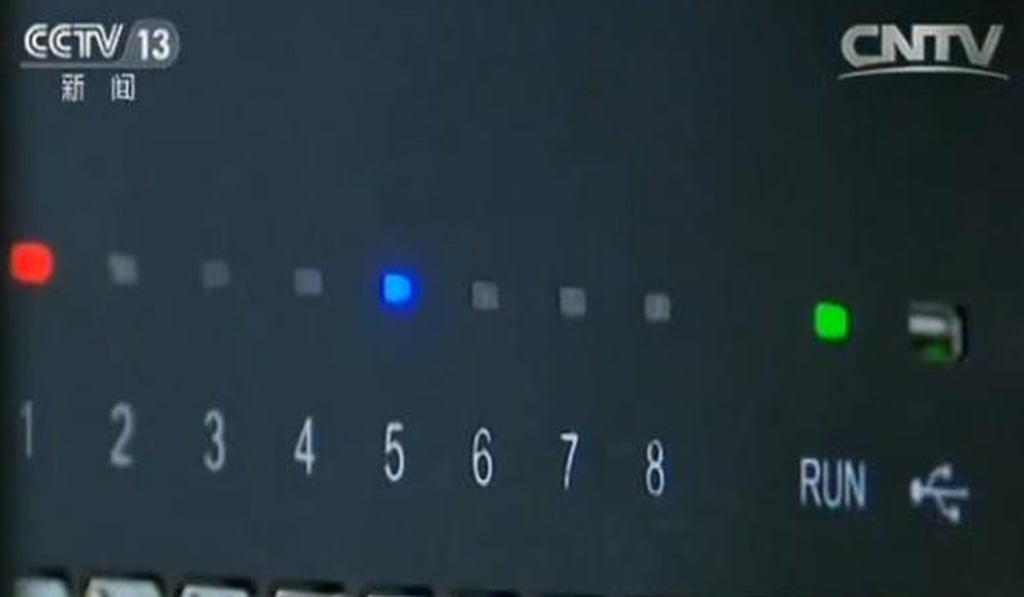Chinese city to launch ‘unhackable’ quantum network
Tests on system in Jinan in Shandong province complete and service for nearly 200 users to begin next month, state-run media report

China’s first citywide commercial communications system using “unhackable” quantum technology is expected to be up and running next month, mainland media reported on Sunday.
Tests on the system in Jinan in the east province of Shandong had been completed and the network would start operations next month to provide extremely secure communication for nearly 200 users, state-run China Central Television reported.
Zhou Fei, assistant to the director at the Jinan Institute of Quantum Technology, said the first users would be in the government, military, finance and electricity sectors.
“This is a milestone for quantum communication in China and the world,” CCTV quoted Zhou as saying.
